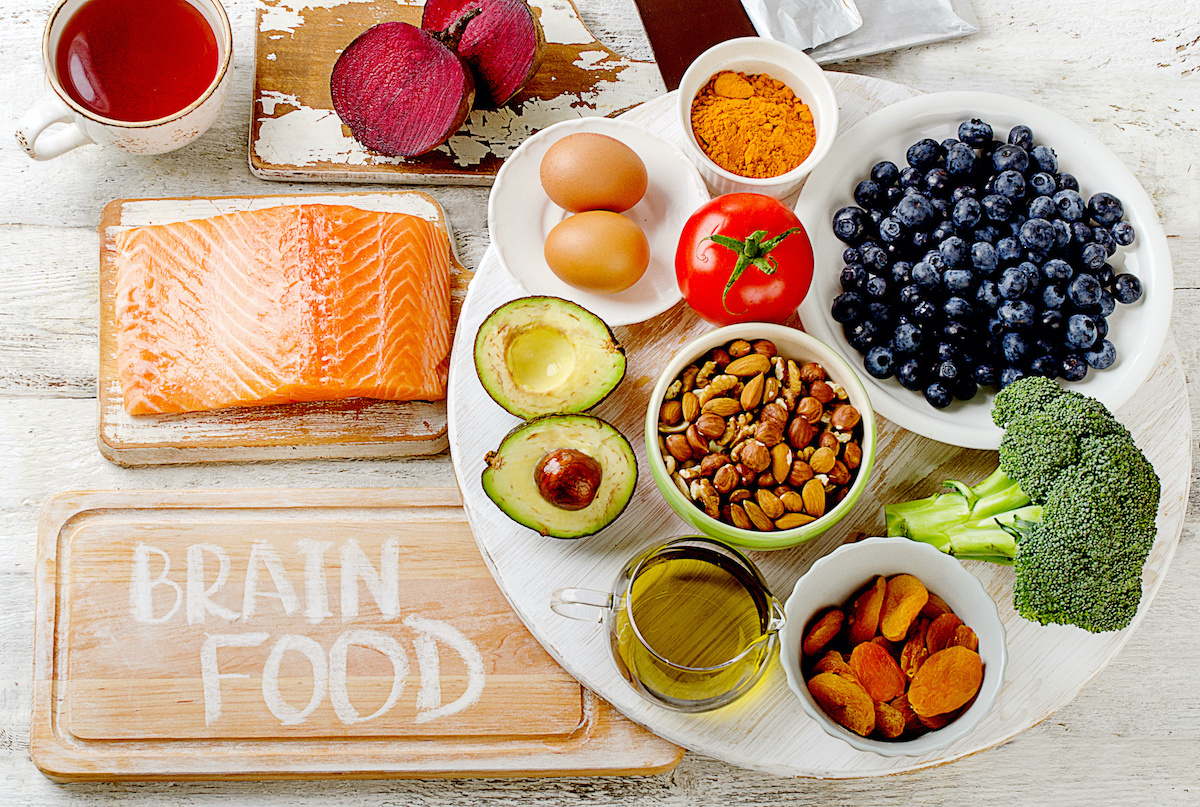
Pumpkins are fun at Halloween—but did you know they’re good for you too?
Beth Czerwony, RD, a registered dietitian at Cleveland Clinic, said pumpkin is a superfood that is low-fat, low-calorie, and packed with plenty of nutrients.
“It’s going to have more fiber, it’s going slowdown that rate of digestion, so it’s going to keep you fuller longer,” she said. “It’s also going to stabilize the blood sugars because when we have fluctuations in our blood sugars that’s what causes those hunger cues to occur.”
Pumpkin is rich in potassium, which research suggests may help decrease blood pressure. In addition, pumpkin contains antioxidants, like vitamin C, which help promote healthy skin.
Speaking of skin, the orange skin of a pumpkin contains beta-carotene and when eaten, the body converts it to vitamin A. Vitamin A has anti-inflammatory properties and enhances eye and immune health.
So, how do you carve out ways to add more pumpkin to your diet?
Czerwony recommends using canned pumpkin in breads, pancakes, or your favorite sauce. You can even puree pumpkin into hummus or grill it up as a side dish. And don’t forget to use the seeds.
“They’re going to have extra protein in them. They’re going to have potassium. They’re going to have those extra vitamins just like the actual flesh itself,” she said. “And what a great way to get extra fiber and how fun. Put in hot cereals, just have it as a snack itself.”
Czerwony said pumpkin seeds are high in zinc and vitamin E both nutrients have been shown to be beneficial for people with diabetes.
Source: October 9, 2023—ccnewsservice@ccf.org











